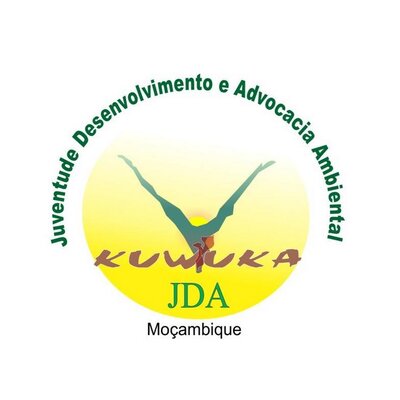
KUWUKA JDA Youth Development and Environmental Advocacy
Joined June 2019
Mission: to awaken the exercise of citizenship for transparent and participative governance of natural resources for sustainable development. Programs: Participatory Governance; environmental advocacy
KUWUKA JDA – Juventude Desenvolvimento e Advocacia Ambiental (Youth Development and Environmental Advocacy) is a Mozambican civil society organization established in 2001 and legally registered in 2008, driven, youth serving and community development organization. It aims at contributing for sustainable and integrated development and natural resources participatory governance, through capacity building to strengthen citizenship of community interest groups for active participation in influencing decision making process, including policy monitoring through research and reflection methodologies. The organization seeks to contribute for economic, social and environmental fairness and sustainable development.
KUWUKA established four programmatic pillars, namely:
- Participation and Governance – aiming at promoting public participation of an informed society, with special focus on youth and women, for good governance, sustainable development, while respecting the rights of citizens.
- Advocacy and lobbying – aiming at contributing for participation of the society in monitoring and scrutinizing of public policies to influence decision-making process, demanding respect and adequate implementation of policies, legal framework and national development agendas
- Community Development and Environmental Advocacy – aiming at promoting active participation of local communities through interest groups (youth, women, farmers, artisans, students) and respect of their rights to land and natural resources, that they depend on for livelihoods.
- Research – aiming at documenting and analyses policies, processes and practices on public and participatory governance, to recommend good practices. The research findings are used as a tool to understand local dynamics, and serve to guide actions and programmatic interventions.
